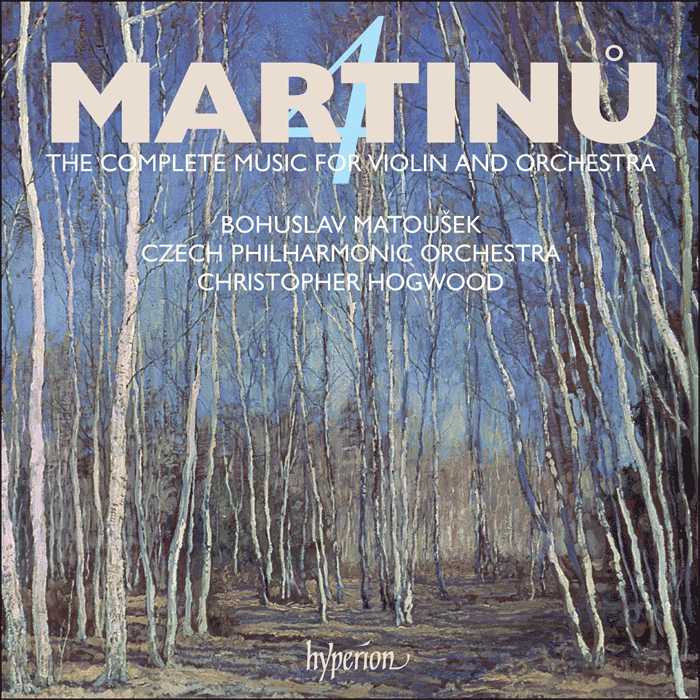Logowanie
OSTATNI taki wybór na świecie
Nancy Wilson, Peggy Lee, Bobby Darin, Julie London, Dinah Washington, Ella Fitzgerald, Lou Rawls
Diamond Voices of the Fifties - vol. 2
Tylko 1000 egzemplarzy!!!
DVORAK, BEETHOVEN, Boris Koutzen, Royal Classic Symphonica
Symfonie nr. 9 / Wellingtons Sieg Op.91
nowa seria: Nature and Music - nagranie w pełni analogowe
Petra Rosa, Eddie C.
Celebrating the art and spirit of music - vol. 3 - Pure
warm sophisticated voice...
Peggy Lee, Doris Day, Julie London, Dinah Shore, Dakota Station
Diamond Voices of the fifthies
Tylko 1000 egzemplarzy!!!
SAMPLER - STS DIGITAL, Buddy Tate, Milt Buckner, Walace Bishop
Jazz Masters - Legendary Jazz Recordings - v. 1
proszę pokazać mi drugą taką płytę na świecie!
Chesky! Niezmiennie perfekcyjny
Winylowy niezbędnik
ClearAudio
Double Matrix Professional - Sonic
najbardziej inteligentna i skuteczna pralka do płyt winylowych wszelkiego typu - całkowicie automatyczna
MARTINU, Bohuslav Matousek, Czech Philharmonic Orchestra, Christopher Hogwood
Complete Music For Violin and Orchestra 4
- Violin Concerto No 1, H226
- 1 Movement 1: Allegro moderato [10:11]
- 2 Movement 2: Andante [6:15]
- 3 Movement 3: [Allegretto] [8:27]
- Violin Concerto No 2, H293
- 4 Movement 1: Andante – Poco allegro – Moderato [12:43]
- 5 Movement 2: Andante moderato [7:38]
- 6 Movement 3: Poco allegro [8:43]
- Bohuslav Matousek - violin
- Czech Philharmonic Orchestra - orchestra
- Christopher Hogwood - conductor
- MARTINU
BBC MUSIC MAGAZINE ORCHESTRAL CHOICE 'The Second Concerto is one of Martinu's great masterpieces. Overtly romantic, the Concerto has a huge emotional range; the first movement alone encapsulates epic tragedy and exultation in a strongly symphonic developmental frame which never gets in the way of ravishing lyricism. In these beautifully recorded performances, both Christopher Hogwood and Bohuslav Matoushek have a profound understanding of Martinu's style and the Czech Philharmonic responds with radiant playing … There is no finer performance of the First Concerto available' (BBC Music Magazine) ------------------------------------------------ This recording is the last volume of a four-disc survey of Martinu’s complete output for solo violin and orchestra, including compositions with other solo instruments. They are performed here by the orchestra in which Martinu played the violin, the distinguished Czech violinist Bohuslav Matoušek who is one of the foremost living exponents of this music, and conductor Christopher Hogwood. Martinu’s Violin Concerto No 1 was written for the celebrated Polish-born American violinist Samuel Dushkin. Although immediately appealing to the performer, its premiere was delayed due to the volatile European political situation in the thirties, and the score was lost during World War II when Martinu was forced to hide his autographs in Europe and flee to the USA. The score was discovered in 1968 and the work did not receive its premiere until 1973. It is a dazzling, virtuoso work, revealing the influence of Dushkin’s violin playing, especially his liking for technical display. The Violin Concerto No 2 is different from its predecessor both stylistically and in terms of its fate. It was commissioned by Mishca Elman (1891–1967), a famous American violinist of Ukrainian origin. The work’s main characteristics recall the qualities of Elman’s playing, notably his unique sound, his preference for noble and elegant melodies, his exceptional feeling for the sonority of his instrument, his love of slow tempos, and his rich use of rubato and portamento. Bohuslav Matoušek demonstrates his great versatility in idiomatic performances of these contrasting works.





























